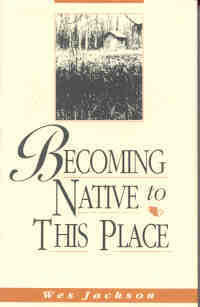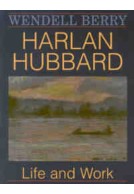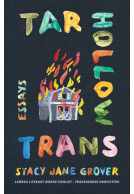Becoming Native To This Place (Hardback)
Imprint: University Press of Kentucky
Series: Blazer Lectures
Pages: 136
ISBN: 9780813118468
Published: 24th May 1994
Script Academic & Professional
Series: Blazer Lectures
Pages: 136
ISBN: 9780813118468
Published: 24th May 1994
Script Academic & Professional
This book will be reprinted and your order will be released in due course.
You'll be £27.00 closer to your next £10.00 credit when you purchase Becoming Native To This Place. What's this?
+£4.99 UK Delivery or free UK delivery if order is over £40
(click here for international delivery rates)
Need a currency converter? Check XE.com for live rates
(click here for international delivery rates)
Need a currency converter? Check XE.com for live rates
The New World -- this empty land dazzlingly rich in forests, soils, rainfall, and mineral wealth -- was to represent a new beginning for civilized humanity. Unfortunately, even the best of the European settles had a stronger eye for conquest than for justice. Natives were in the way -- surplus people who must be literally displaced. Now, as ecologist Wes Jackson points out, descendants of those early beneficiaries of conquest find themselves the displaced persons, forced to vacated the family farmsteads and small towns of our heartland, leaving vacant the schools, churches, hardware stores, and barber shops. In a ringing cry for a changed relation to the land, Jackson urges modern Americans to become truly native to this place -- to base our culture and agriculture on nature's principles, to recycle as natural ecosystems have for millions of years. The task is more difficult now, he argues, because so much cultural information has been lost and because the ecological capital necessary to grow food in a sustainable way has been seriously eroded. Where to begin? Jackson suggests we start with those thousands of small towns and rural communities literally falling down or apart. In such places there is much good conservation work to be done. We have no money to pay for the process and little cultural awareness to support it, but here are the places where a new generation of homecomers -- people who want to go to a place and dig in -- can become the new pioneers, operating on a set of assumptions and aspirations different from those of their ancestors. These new pioneers will have to "set up the books" for ecological community accounting. IF they dig deep enough and long enough, urges Jackson, a new kind of economy will emerge. So will rich culture with its own art and artifact.
Other titles in the series...
Other titles in University Press of Kentucky...


















